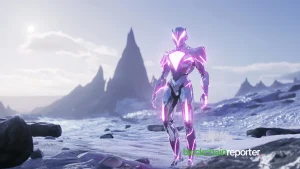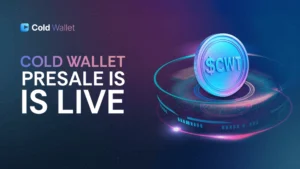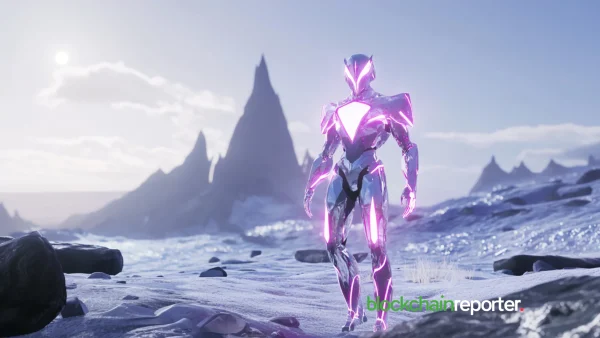
- DTCC study has reportedly proved that DLT can seamlessly support 115 million trades daily.
- DTCC says more work needs to be done to determine if DLT can meet the resiliency, security and other needs of its platform.
- Organizers say the project has built significant confidence in blockchain’s ability to handle large-scale transactions.
The Depository Trust and Clearing Corporation (DTCC), the premier post-trade market system for the global financial services ecosystem, has in collaboration with Accenture, R3 and Digital Asset (DA), completed a research which proves that the DLT can support the entire daily trading volume of the US equity market of over 100 million trades, according to a DTCC press release on October 16, 2018.
A First of its Kind Research for Blockchain Technology
According to a press release by the Depository Trust & Clearing Corporation (DTCC), an American post-trade financial services company offering clearing and settlement services to the financial markets, has announced the result of a groundbreaking study which has for the first time ever, proved that blockchain technology can single handedly handle the 115 million daily trading volume of the United States equity market.
The Study was reportedly carried out by highly reputed firms across the globe, including Accenture, a global professional services company, Digital asset (DA) and R3, the blockchain project in charge of the Corda platform.
Distributed Ledger Technology (DLT) Can Handle Large Transactions
DTCC commissioned the 19-week study, provided the necessary support and expertise that enabled Accenture to build functional, DLT-powered prototype of the US equities clearing and settlement system, while the platform was tested by Accenture using R3’s Corda platform as well Digital Asset’s DLT network.
Per the team, a 170 nodes network was created by Accenture, representing the financial ecosystem of exchanges, market participants and broker/dealers serviced by DTCC.
It’s worth noting that the test environment utilized cloud storage and the prototype worked in a frictionless way, with DTCC acting as a counterparty (CCP) maintaining trading anonymity on the distributed ledger, creating netted obligations and settling trades.
Although DTCC has made it clear that the study only tested the basic functionality of DLT and more work needs to be done to find out whether blockchain technology can take care of the resiliency, security, operational and regulatory requirements of its clearance and settlement system; the fact remains that the study confirms the potentials of DLT.
“This project answers key questions and built real confidence in blockchain’s ability to drive large-scale transformation,” declared David Treat, Managing Director, Global Blockchain Lead, Accenture.








